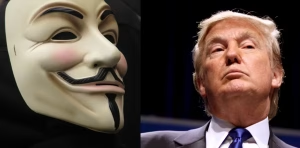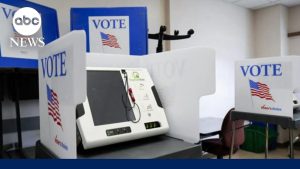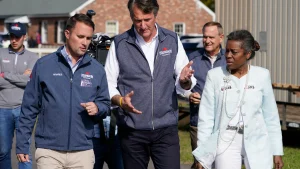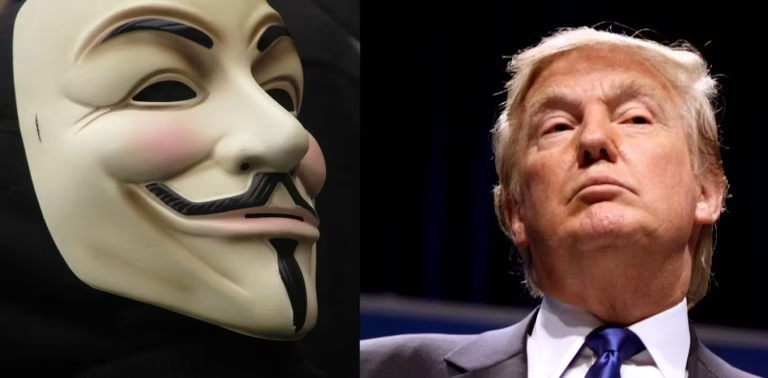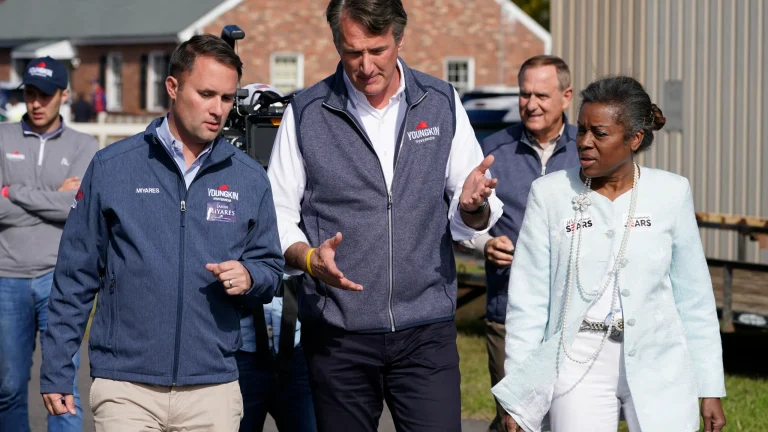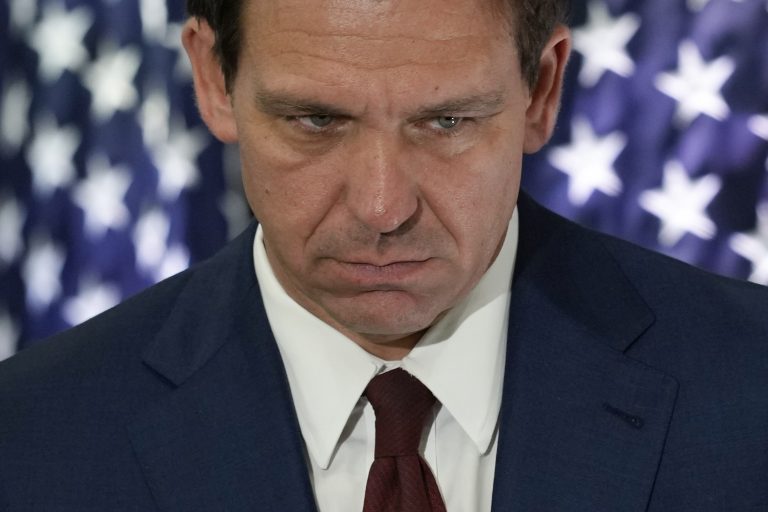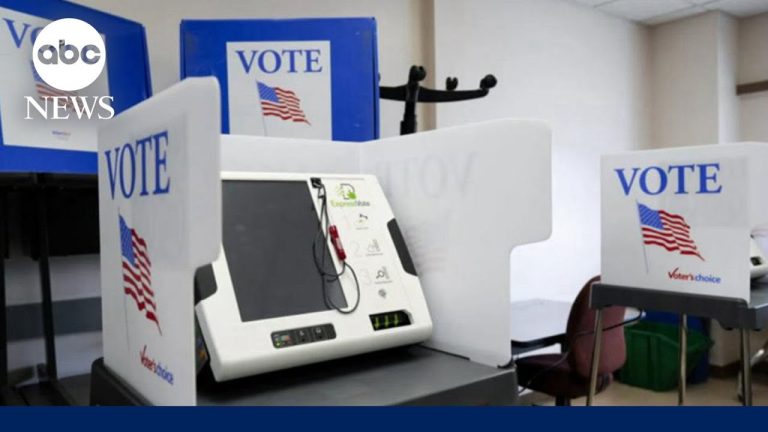The real history of today's excessive corporate power starts with a tobacco lawyer appointed to the Supreme Court.
-By Jeffrey Clements
December 6, 2011- The following is an excerpt of Jeffrey Clement's Corporations Are Not People: Why They Have More Rights Than You Do and What You Can Do About It.) Click here to order a copy.
In 1971, Lewis Powell, a mild-mannered, courtly, and shrewd corporate lawyer in Richmond, Virginia, soon to be appointed to the United States Supreme Court, wrote a memorandum to his client, the United States Chamber of Commerce. He outlined a critique and a plan that changed America.
Lewis Powell, like the Citizens United dissenter Justice John Paul Stevens, was a decorated World War II veteran who returned to his hometown to build a most respected corporate law practice. By all accounts, Powell was a gentleman — reserved, polite, and gracious — and a distinguished lawyer and public servant. Commentators and law professors cite Powell’s “qualities of temperament and character” and his “modest” and “restrained” approach to judging. At his funeral in 1998, Sandra Day O’Connor, who had joined the Supreme Court in 1987, said, “For those who seek a model of human kindness, decency, exemplary behavior, and integrity, there will never be a better man.” Even the rare critic will cite Lewis Powell’s decency and kindness.
Much about these accounts must be true, but none tells the whole story of Lewis Powell. All of them, and even the principal Powell biography, omit the details of how he used his gifts to advance a radical corporate agenda. It is impossible to square this corporatist part of Powell’s life and legacy with any conclusion of “modest” or “restrained” judging.
Powell titled his 1971 memo to the Chamber of Commerce “Attack on American Free Enterprise System.” He explained, “No thoughtful person can question that the American economic system is under broad attack.” In response, corporations must organize and fund a drive to achieve political power through “united action.” Powell emphasized the need for a sustained, multiyear corporate campaign to use an “activist-minded Supreme Court” to shape “social, economic and political change” to the advantage of corporations.
Powell continued:
But independent and uncoordinated activity by individual corporations, as important as this is, will not be sufficient. Strength lies in organization, in careful long-range planning and implementation, in consistency of action over an indefinite period of years, in the scale of financing available only through joint effort, and in the political power available only through united action and national organizations.
The roots of Citizens United lie in Powell’s 1971 strategy to use “activist” Supreme Court judges to create corporate rights. “Under our constitutional system,” Powell told the U.S. Chamber of Commerce, “especially with an activist-minded Supreme Court, the judiciary may be the most important instrument for social, economic and political change.”
Powell’s call for a corporate rights campaign should not be misunderstood as a “conservative” or “moderate” reaction to the excesses of “liberals” or “big government.” Rather, to understand the perspective of Powell and his allies is to understand the difference between a conservative and a corporatist.
Powell and the Tobacco Corporations Show the Way
By the time of his 1971 memorandum, Lewis Powell was a director of more than a dozen international corporations, including Philip Morris Inc., a global manufacturer and seller of cigarettes. Powell joined Philip Morris as a director in 1964, when the United States surgeon general released the most devastating and comprehensive report to date about the grave dangers of smoking. He remained a director of the cigarette company until his appointment to the Supreme Court in 1971. Powell also advised the Tobacco Institute, the cigarette lobby that finally was exposed and stripped of its corporate charter in the 1990s after decades of using phony science and false statements to create a fraudulent “debate” about smoking and health.
The story of the cigarette corporations and their response to public efforts to address addiction, smoking, and health is a big piece of the larger story of how corporate rights took such significant pieces of the Constitution and American democracy. The ideas expressed by Powell in his 1971 memorandum to the Chamber of Commerce came out of his personal involvement in the aggressive resistance of the cigarette corporations to efforts to address the devastating social and public costs of its lethal products. As a director and an executive committee member of Philip Morris, Powell shared responsibility for the fraudulent attack on the conclusions of scientists and the surgeon general by the cigarette industry and for its false insistence for years that “no proof” showed cigarettes to be unhealthy.
Hints of this work can be seen in the Philip Morris annual reports issued during Powell’s tenure as a director, which reflected the broader campaign of the company and the cigarette industry to discredit the science about smoking and health and to misrepresent the facts to keep people smoking and get young people to start. We now know, thanks to the 2007 findings of a federal judge, that many of the assertions in these annual reports were knowingly false. According to the reports themselves, these statements and others were made “on behalf of the Board of Directors,” including Powell:
• 1964: “The industry continues to support major research efforts directed towards resolving the many unanswered questions on smoking and health.”
• 1967: “The year 1967 was marked by an intensification of exaggerated claims made relative to the possible adverse health effects of smoking on health. … We deplore the lack of objectivity in so important a controversy. … Unfortunately the positive benefits of smoking which are so widely acknowledged are largely ignored by many reports linking cigarettes and health, and little attention is paid to the scientific reports which are favorable to smoking.”
• 1967: “We would again like to state that there is no biological proof that smoking is causally related to the diseases and conditions claimed to be statistically associated with smoking … no proof that the tar and nicotine levels in smoke are significant in relation to health.”
• 1969: “No biological or clinical proof that smoking is causally related to human disease … serious doubt that smoking is a causative factor in heart disease.”
• 1970: “Often the scientific information which is relied on to indict cigarette smoking is of dubious validity.”
Absent convincing evidence, it might be reckless to say that Philip Morris and the other tobacco corporations engaged in a willful, aggressive, wide-ranging conspiracy and racketeering enterprise so that the corporations could sell more products that kill people. But now that the evidence is in, we know that that is exactly what happened. We know this thanks to scientists, victims of the conspiracy, state attorneys general (both Democrats and Republicans), the United States Department of Justice (under both Presidents Bill Clinton and George W. Bush), and Judge Gladys Kessler and a panel of U.S. Court of Appeals judges appointed by Presidents Ronald Reagan, Bill Clinton, and George H. W. Bush.
In 2006, the U.S. Department of Justice took the cigarette corporations to trial, alleging that they had engaged in a racketeering conspiracy. Eighty-four witnesses testified in the nine-month trial, and hundreds of internal corporate secrets were finally exposed. When the verdict came in, Judge Kessler concluded that “overwhelming evidence” proved that the cigarette corporations “conspired together” to fraudulently deny that cigarettes caused cancer, emphysema, and a long list of other fatal diseases; to manipulate levels of highly addictive nicotine to keep people smoking; to market addictive cigarettes to children so that the corporations would have “replacement smokers” for those who quit or died; and that they “concealed evidence, destroyed documents, and abused the attorney-client privilege to prevent the public from knowing about the dangers of smoking and to protect the industry” from justice.
As counsel to the cigarette industry and as a Philip Morris director, Powell already had begun testing the use of activist-minded courts to create corporate rights. In one case in the late 1960s, Powell argued that any suggestion that cigarettes caused cancer and death was “not proved” and was “controversial.” Therefore, according to Powell, the Federal Communications Commission wrongly violated the First Amendment rights of cigarette corporations by refusing to require “equal time” for the corporations to respond to any announcement that discouraged cigarette smoking as a health hazard.
Even the U.S. Court of Appeals for the Fourth Circuit, based in the tobacco-friendly South, rejected this claim. Although Powell lost that time, he went on to win far more than he could have imagined after he got on the Supreme Court and helped change the Constitution.
Powell’s 1971 memo to the Chamber of Commerce laid out a corporate rights and a corporate power campaign. The Chamber and the largest corporations then implemented these recommendations with zeal, piles of money, patience, and an activist Supreme Court. In equating corporations with “We, the People” in our Constitution, no justice would be more of an activist than Lewis Powell after he joined the Supreme Court in 1972.

